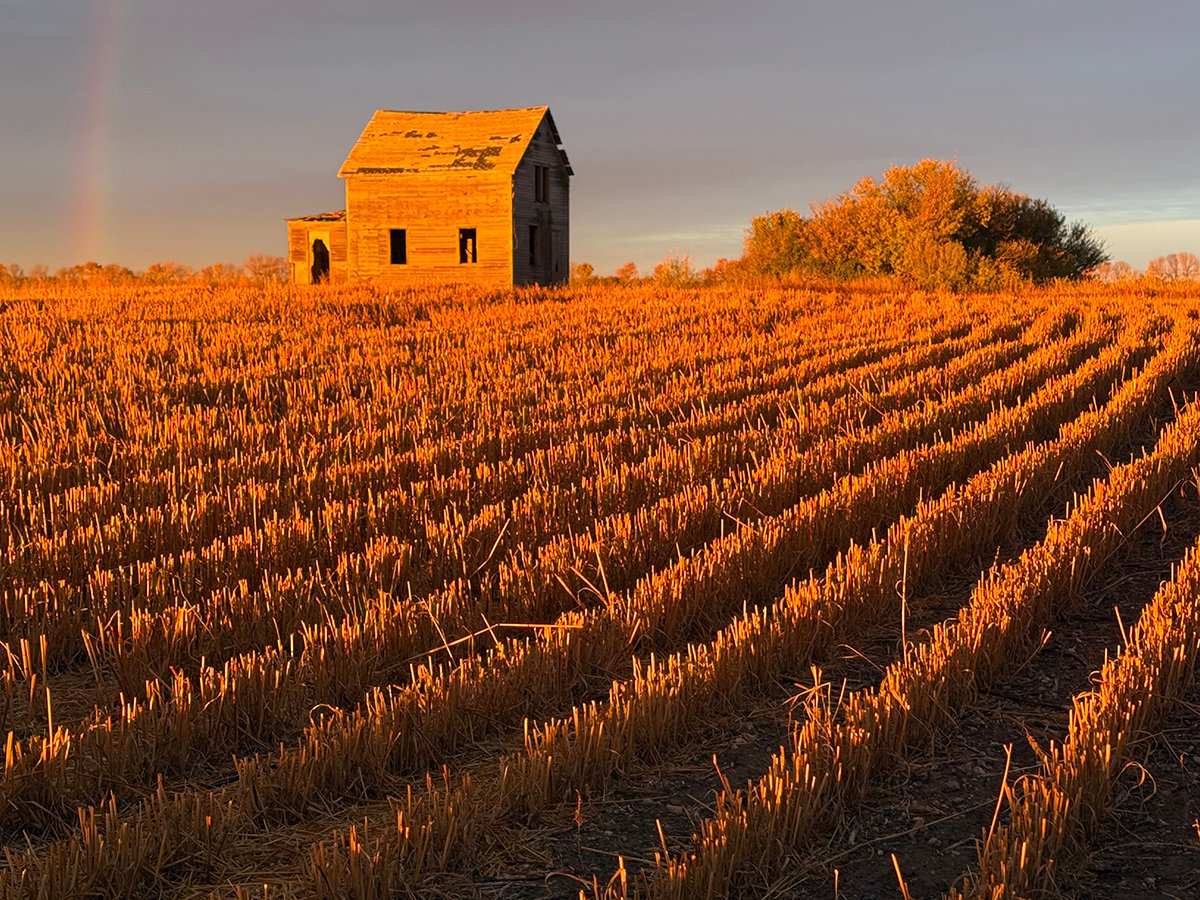Greg Tanner answers the phone these days at Moose Jaw Pork Packers Ltd.
That’s about all he can do since the plant shut down in September.
Tanner is one of the few employees left after two years of turmoil at the former Worldwide Pork slaughter and processing plant.
It closed in mid-May 2005 after producers stopped delivering because they weren’t getting paid. About 270 people were out of work.
After a year under court protection through the Com-panies’ Creditors Arrangement Act, the plant reopened in June 2006 as Moose Jaw Pork Packers, owned by employees, private shareholders and former creditors.
Read Also

Forecast leans toward cooling trend
July saw below average temperatures, August came in with near to slightly above average temperatures and September built on this warming trend with well above average temperatures for the month.
But by the end of August, margins were too tight, the board of directors resigned and the 100 people who had been working for just 12 weeks were once again unemployed.
Tanner, an elected director, still goes to the plant every day and hopes it will reopen soon.
“You lose your HACCP within a year,” he noted, referring to the Hazard Analysis Critical Control Points certification for food safety.
The plant has already been closed six months and while there has been interest in reopening it, nothing is firm yet.
The facility’s recent history does not bode well for those looking for a happy ending.
According to the earliest record the City of Moose Jaw has on file, Ricken’s Sausage Ltd. set up an abattoir at the site in 1964.
Ten years later, it was known as Moose Jaw Packers (1974) Ltd. and owned by the provincial single desk hog marketer, SPI Marketing Group.
In 1997, SPI sold the plant to the Tai Fang Group, which operated it as Tai Wan Pork. But the decision to sell the plant without holding a producer vote gave then-agriculture minister Eric Upshall one of several reasons to exercise his power and dismantle the SPI’s role as a single desk seller for all hog producers in the province.
Tai Wan’s tenure was short and troubled. A dispute over wages led to a six month employee lockout beginning Aug. 5, 1999, and by May 2000, Tai Wan sold the plant to Worldwide Pork.
Industry observers think the plant is too small to be competitive in a consolidating pork packing sector that relies on economies of scale to make money.
Tanner isn’t among them. He said the plant was killing cull sows 15 years ago and could do it again. The potential also exists for the plant to kill organic or natural hogs for that burgeoning market.
“We’re finding, especially in the eastern United States, the markets are there,” he said. “We’re small enough we can adjust and adapt.”
Market analyst Kevin Grier of the George Morris Centre in Guelph, Ont., said finding a niche market is exactly what the Moose Jaw plant must do to survive.
“There’s no reason why a small plant couldn’t do well,” he said, as long as it offers a unique service or product.
However, it can’t compete with the industry giants on a pure commodity basis, he added.
Even the large players are struggling to find economies of scale. Moose Jaw’s capacity is about 5,500 head per week, compared to Maple Leaf’s 17,500 in Saskatoon and about 50,000 per week in Brandon. Maple Leaf will close its Saskatoon slaughter plant as part of a wider reorganization it says will make its operations more efficient. It will centralize slaughter at Brandon where, with a second shift, production is expected to climb to 75,000 per week.
Don Hrapchak, general manager of SPI Marketing Group, said there is talk in the industry about re-opening Moose Jaw. SPI is one of the creditors that received shares in the new company after Worldwide Pork restructured.
“They’re kicking tires right now, talking to shareholders,” he said of the interest. “Will it come to fruition? I don’t know.”















